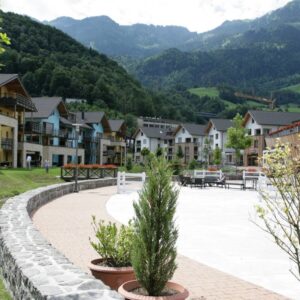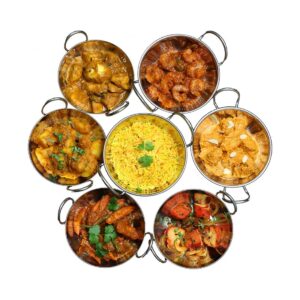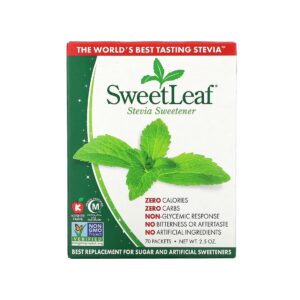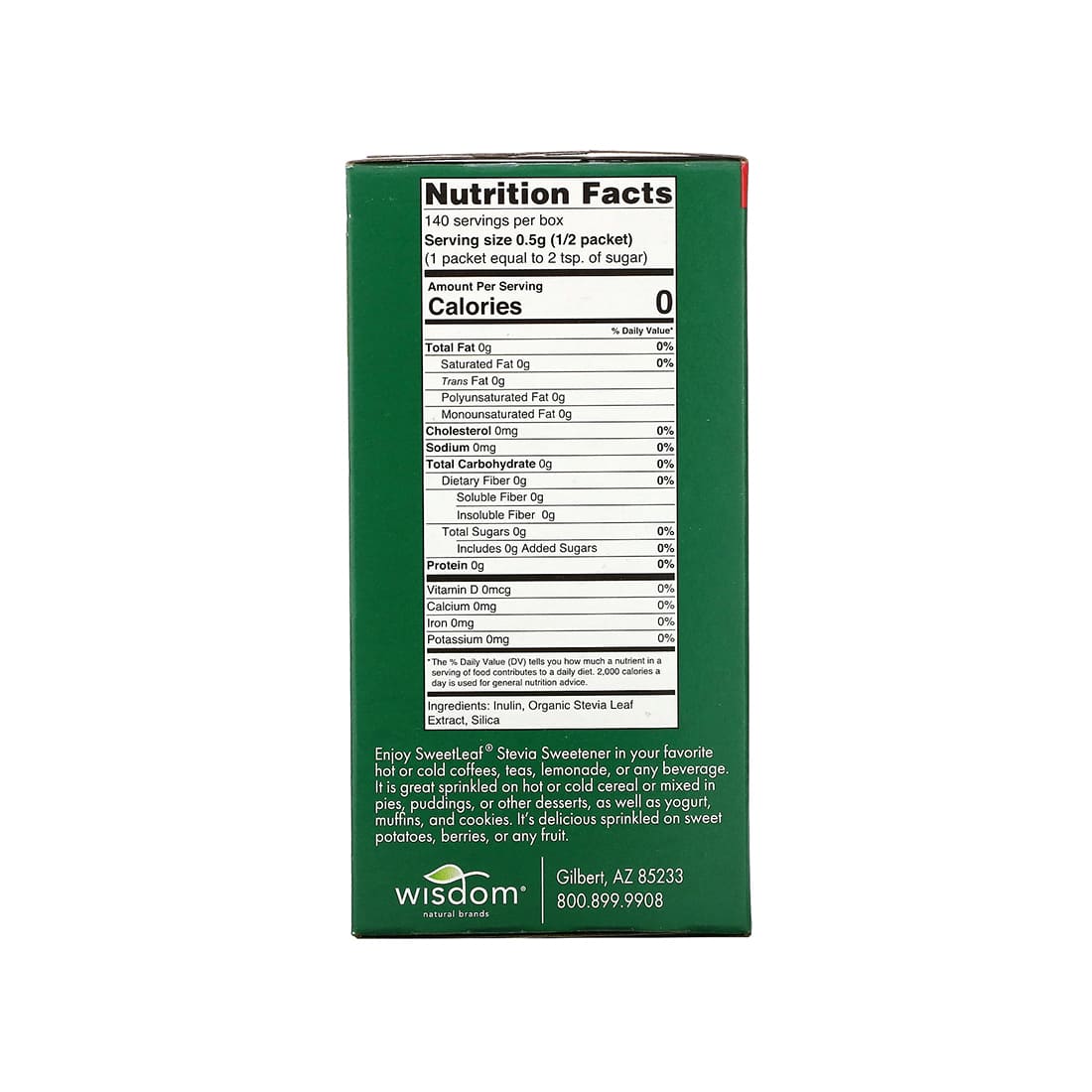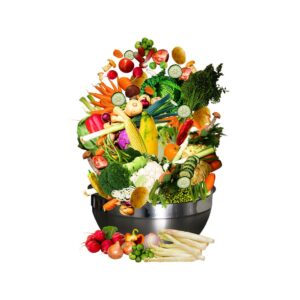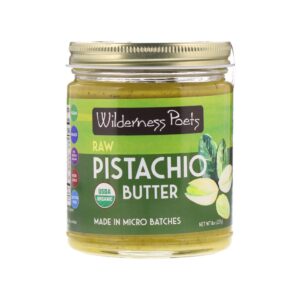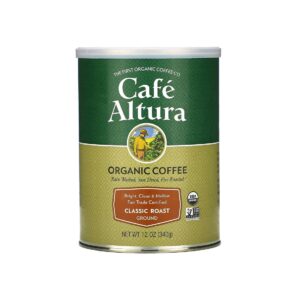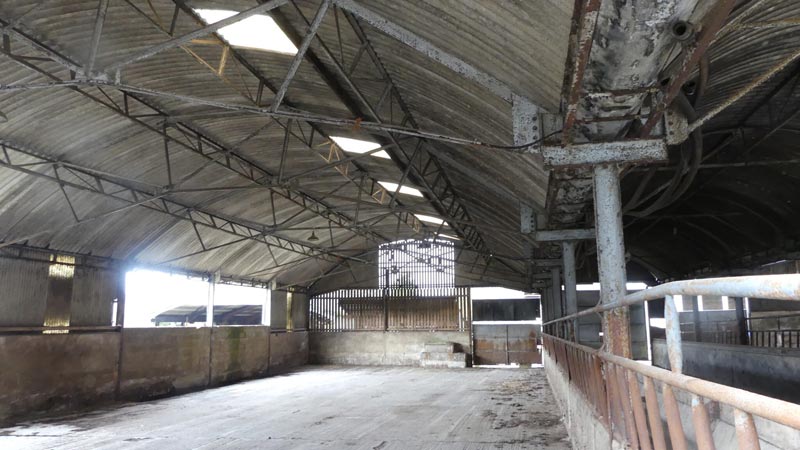
Introduction
The Netherlands, known for its vibrant agricultural sector, faces a pressing challenge. A housing crisis. Repurpose farm buildings for affordable housing is needed as the demand for affordable housing continues to rise. There is an opportunity for farmers to play a transformative role in addressing this crisis. Meanwhile, respecting nature and biodiversity.
With the current nitrogen issues, and a difficulty to find replacement for farms due to an aging population. It could be an innovative concept that empowers farmers to diversify income streams while providing sustainable housing. Like the repurpose of farm buildings or bio-based Tiny Houses, meanwhile preserving the environment and culture.
Embracing Diversification:
Farmers have long been stewards of the land. Now farmers have a chance to expand their role beyond traditional farming practices. By diversifying income streams, farmers can embrace new opportunities that go hand in hand with addressing societal needs. Such as affordable housing. We see however that it is important to keep the rural areas aligned with the peaceful views these areas are known for. Therefore it is important to build houses in line with the rural environment.
Solving the Housing Crisis:
The housing crisis in the Netherlands has reached a critical point, with a shortage of affordable and sustainable housing options. Estimated to be a shortage of around 400.000 houses by 2025. These numbers are asking for creativity. The Dutch government announced to change law for real estate investors significantly. Trying to play free more houses this way for sale. The unique solution of repurposing existing farm buildings and land for residential purposes could be a good solution for this issue. With careful planning and creative architectural design, farm buildings can be transformed into comfortable, eco-friendly homes that blend harmoniously with the surrounding landscape.
Respecting Nature and Biodiversity:
One of the key strengths of the Farmlike concept lies in its commitment to respecting nature and preserving biodiversity. Dutch farmers are renowned for their sustainable agricultural practices, and this ethos can extend to the housing sector. By integrating green spaces, rooftop gardens, and eco-friendly materials, housing units become sustainable havens that promote biodiversity and reconnect people with nature.
Benefits for Farmers:
There are numerous benefits to farmers who embark on this transformative journey. By diversifying their income streams, farmers can secure additional revenue streams and reduce their dependency on fluctuating market prices. Moreover, transforming farm buildings into housing units creates a sustainable revenue stream for farmers, ensuring long-term financial stability. Not used land could be assigned for tiny house projects, eco-village projects, and combine these with food forests, and community gardens to grow local food.
Benefits for Society:
 Repurpose farm building
Repurpose farm buildingThe concept brings immense benefits to society as a whole. It addresses the pressing need for affordable housing, particularly for young families, students, and individuals looking for sustainable living options. By repurposing existing buildings, the concept minimizes urban sprawl, reduces the pressure on natural habitats, and promotes a more sustainable approach to urban development. After Covid we have seen a huge shift to remote work, which new urban development could cherry pick from. It’s a difficult task to maintain the character of the farmland, however we believe that when we surround local communities with local food, agritourism experiences, we have an opportunity to design amazing living spaces.
Building Strong Communities:
With new technologies there are a lot of opportunities. It is not just about housing; it’s about fostering strong, inclusive communities. By repurposing farm buildings, vibrant neighborhoods can emerge, where residents can connect with each other and with the agricultural heritage of the region. Community gardens, shared spaces, and collaborative initiatives can enhance social cohesion and create a sense of belonging. Although it is much understood how connecting rural with urban, it requires a change of rules and regulations to support the change of mindsets.
Conclusion:
We represent a paradigm shift in the way we approach housing and land use. By harnessing the potential of Dutch farmers and their commitment to sustainability, we can simultaneously address the housing crisis, diversify farmers’ income streams, and protect nature and biodiversity. It’s an opportunity to create a more sustainable and inclusive society, where farms become not just producers of food but also providers of sustainable homes and thriving communities.
 If you’re curious to learn more about these concepts, the Farmlike team is here to help you transition in this transformation. Stay tuned for our upcoming articles. Let’s explore the possibilities of Farm diversification like the repurpose of farm buildings for affordable housing on Farmland and celebrate the innovative spirit of Dutch farmers.
If you’re curious to learn more about these concepts, the Farmlike team is here to help you transition in this transformation. Stay tuned for our upcoming articles. Let’s explore the possibilities of Farm diversification like the repurpose of farm buildings for affordable housing on Farmland and celebrate the innovative spirit of Dutch farmers. Docs
Docs
 Support
Support










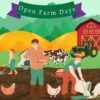
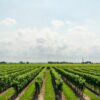







 Home
Home  Whishlist
Whishlist  Cart
Cart 